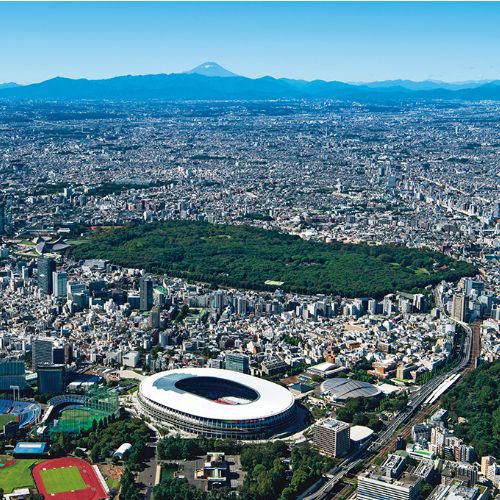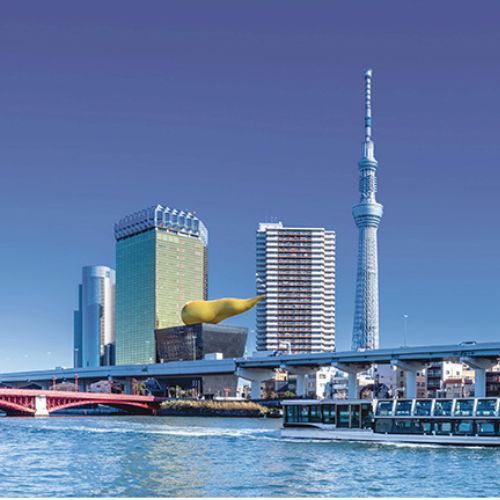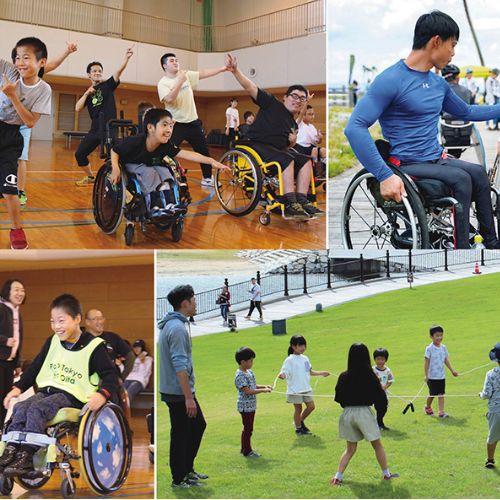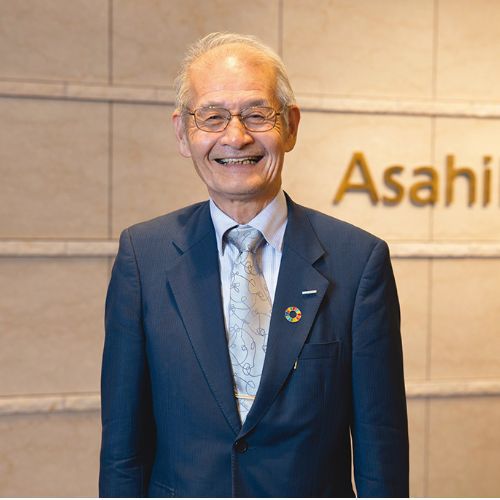2020 is here. This summer the Olympic and Paralympic Games will be held in Japan, the first time in 56 years. Overcoming difficult times following recent natural disasters, Japan will give thanks to the people of the world with its omotenashi, or warm hospitality.
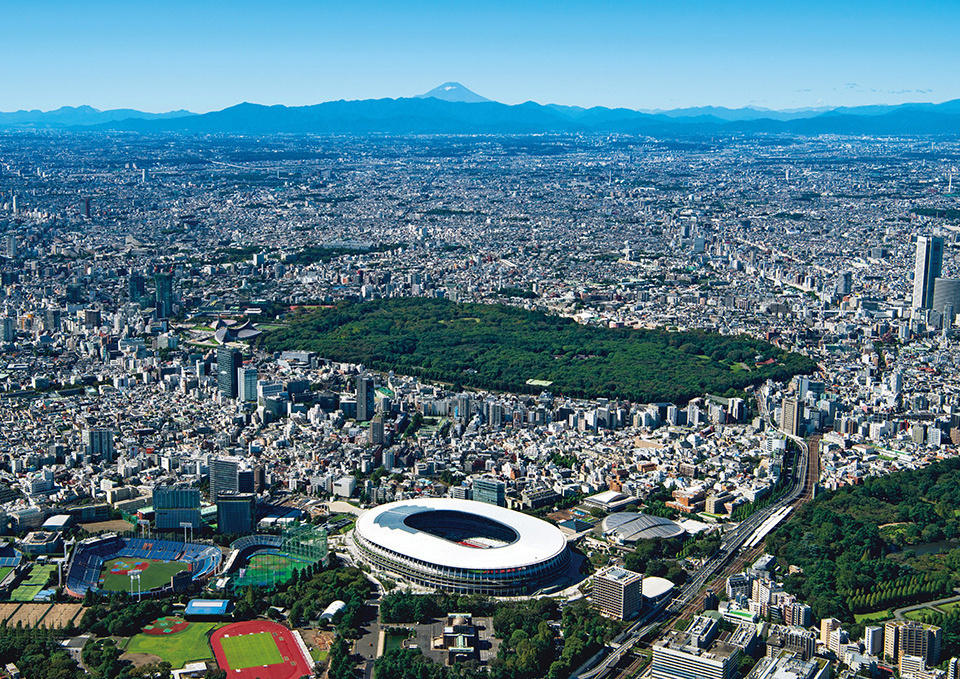
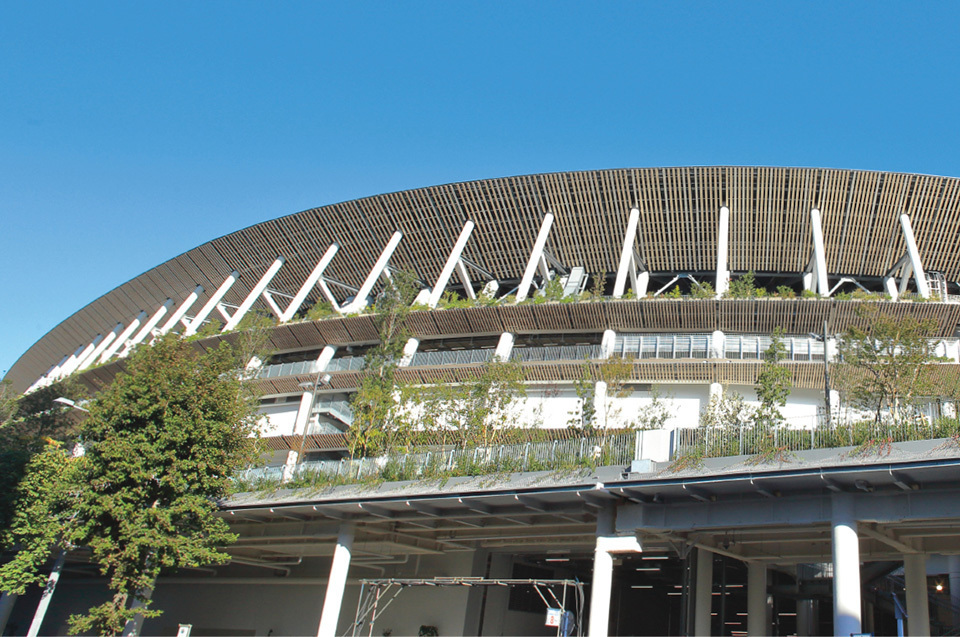
The new Olympic Stadium, located in the heart of Tokyo, yet surrounded by greenery, aims to be a stadium lasting well into the future.
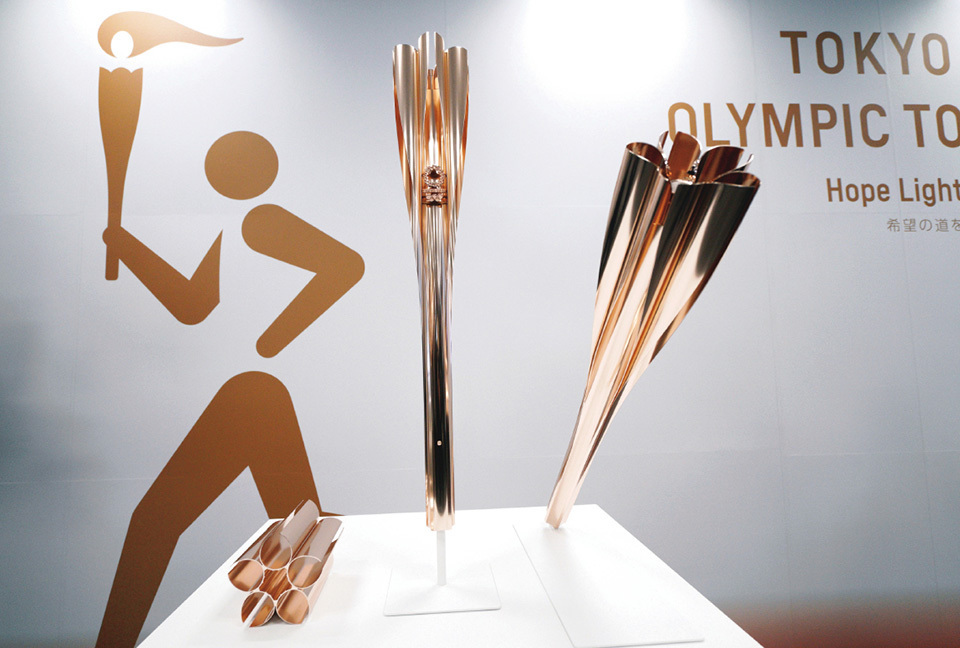
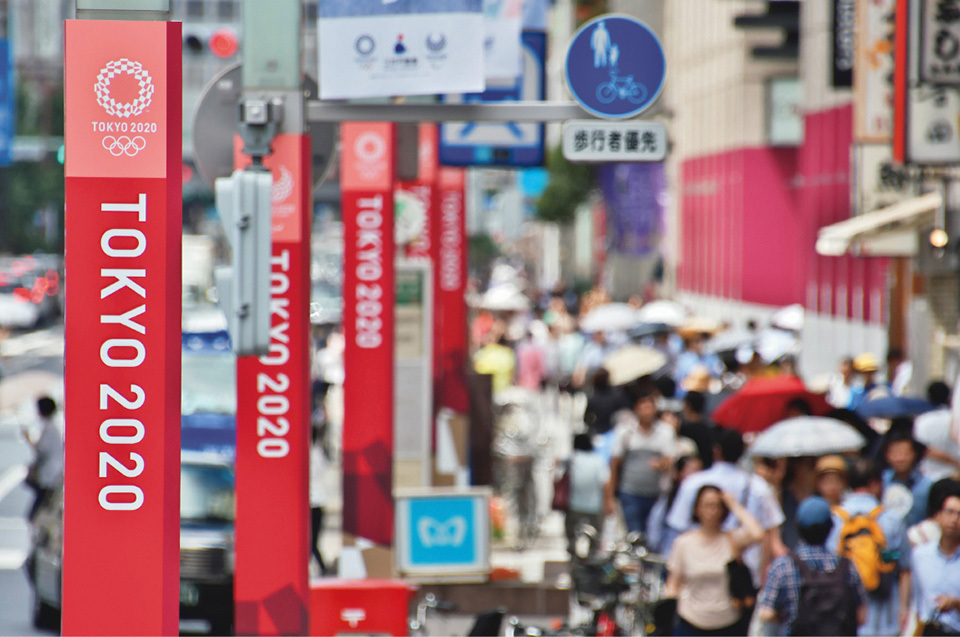
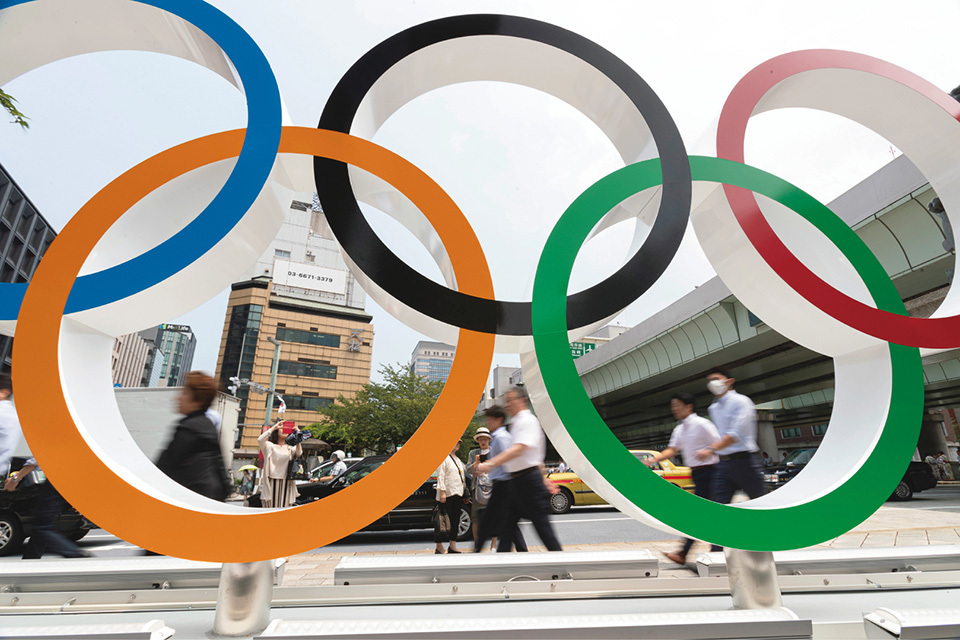
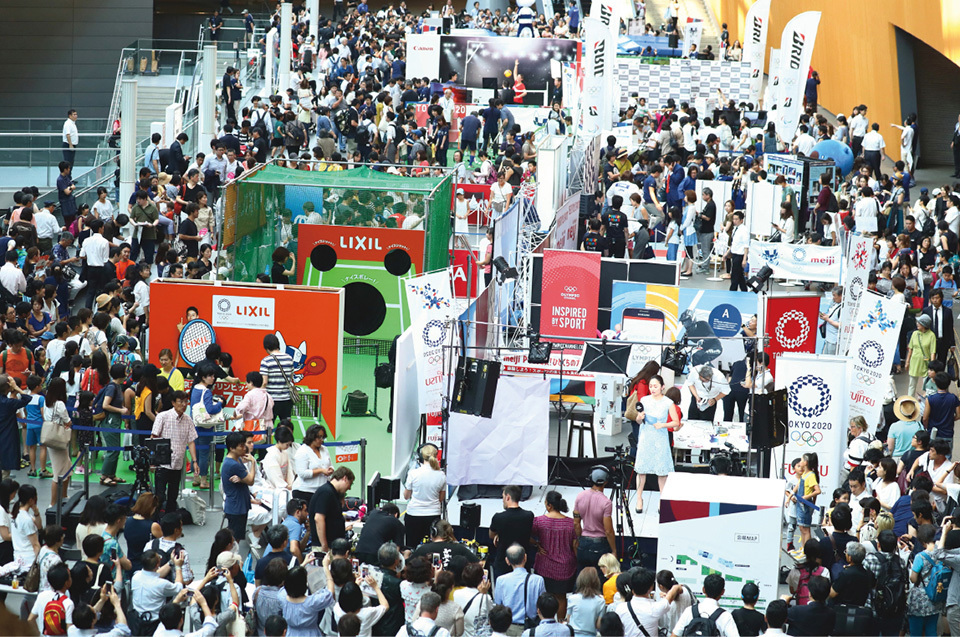
Olympic- and Paralympic-related displays around the streets are setting the mood ahead of the Games. Pre-Games events held in various places around the country have also been a great success.
The days when the eyes of the world are on Japan are here again. On July 24, 2020, the Olympic and Paralympic Games Tokyo 2020 will finally commence. This will be the second summer Olympics held in Japan, since the 1964 Tokyo Games of 56 years ago. As with the previous Games, which were a symbol of postwar reconstruction, many people are awaiting these Games with strong feelings.
The main venue, the Olympic Stadium, was completed in November 2019. Both people-friendly and environmentally-friendly, the universal stadium was finished with a “Stadium in Forest” concept. Traditional Japanese architectural knowledge has been used throughout the structure that blends in with the natural surroundings. The entrance gate to the stadium uses a huge amount of domestic timber, including wood from areas recovering from the great earthquakes, or more specifically, Aomori, Iwate, Miyagi and Kumamoto Prefecture. The background to this is an important concept for the Games, dubbed the “Recovery and Reconstruction Games.”
Two years before it was decided to hold the Tokyo 2020, a huge earthquake and tsunami struck a wide area of eastern Japan, including Tokyo, in March 2011. As well as showing to the world how it has recovered from the Great East Japan Earthquake, the Tokyo 2020 Games will be a place of appreciation for the tremendous support that Japan has received from all parts of the world. Preparations have been made not only in Tokyo, but also throughout the country, including those areas affected by the disaster. National teams are being hosted for pre-Games training camps or cultural exchange events in all 47 prefectures, bringing the whole of the country together in readiness for the Games.
As momentum for the Games gains pace, the Grand Start of the torch relay in Japan has been set for the J-Village sports facility in Fukushima Prefecture, 230km north of Tokyo. J-Village opened as Japan’s first national training center for football in 1997. It has been used for various training camps and tournaments by some of the world’s top teams, including the Argentina national football team during the 2002 FIFA World Cup, which was jointly hosted by Japan and South Korea. At the same time, J-Village was open to the general public, becoming a key part of the local community and the pride of the people. But that all stopped when the Great East Japan Earthquake struck. Since then, the facility has been used as a base for responding to earthquake disasters.
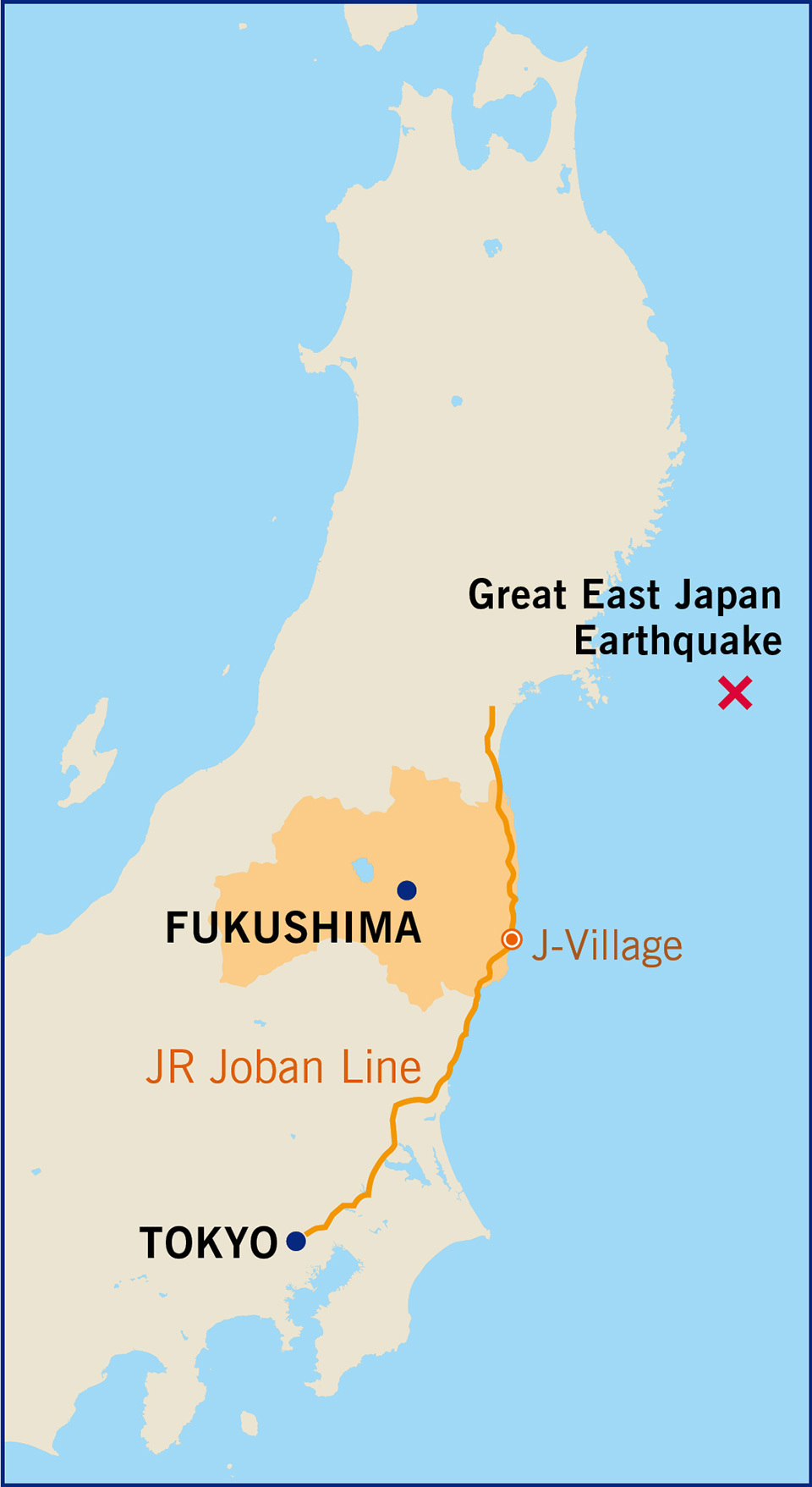
However, J-Village aimed to revive itself as a symbol of recovery. After the decision was made to relocate the base, J-Village declared that operation would resume by April 2019, the year before the Tokyo 2020 Games, and fully reopened eight years since the earthquake struck. Reestablished with the world’s best natural turf on eight pitches, as well as the addition of an all-weather practice field, hotel, and banquet hall, the facility has been brilliantly restored to meet a wide range of sports and business needs. The men’s and women’s Japan national football teams will both use J-Village as their training camp in the build up to the Tokyo Olympics. Moreover, concerts and other such events are held here, bringing life and energy into the community, and helping the region to get back on its feet. When the Olympic torch, starting its journey in Greece, arrives at J-Village in March 2020, the partly damaged JR Joban Line will resume operations on all sections, restoring the old everyday Fukushima landscape once more.
As you watch the world’s best athletes fight it out on the biggest stage this summer, spare a thought for how Japan has stood firm throughout repeated disasters, recovering to become stronger and stronger each time.
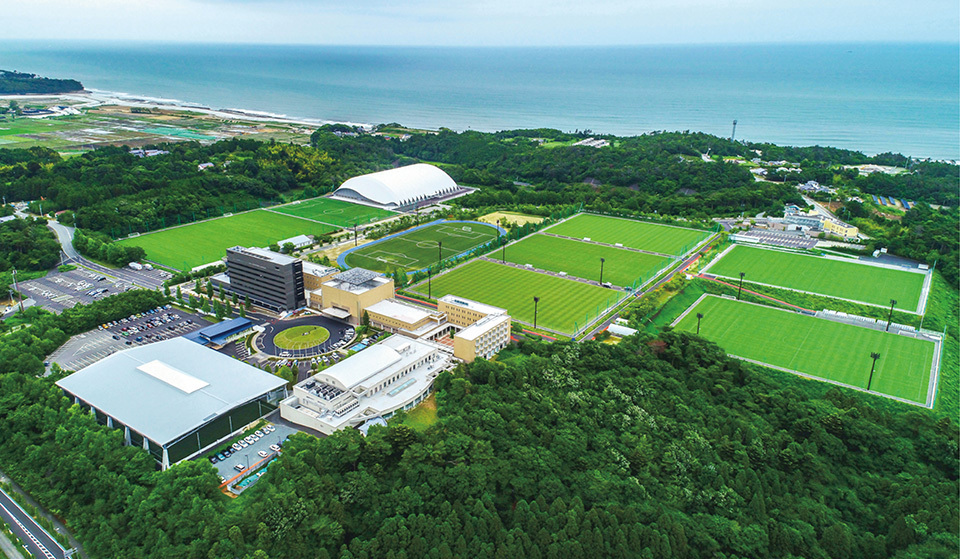
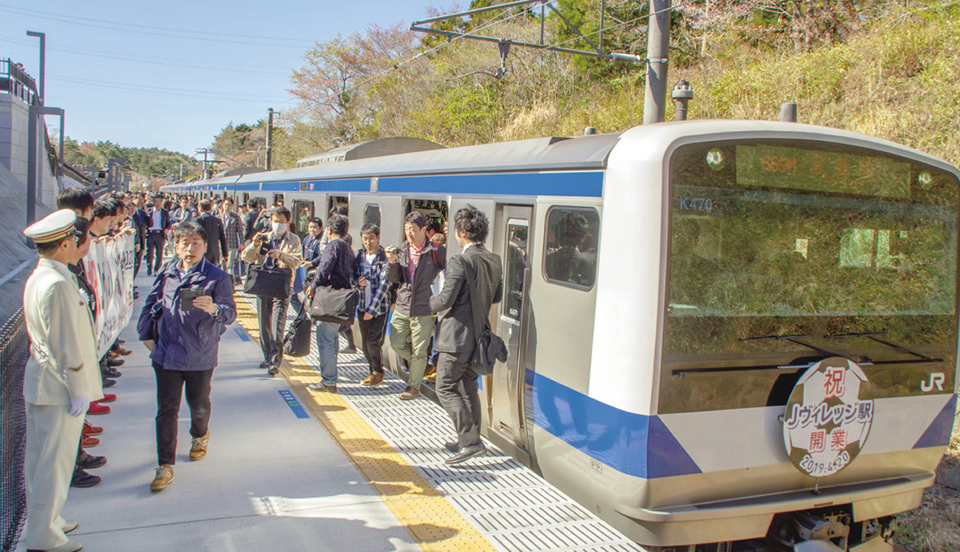
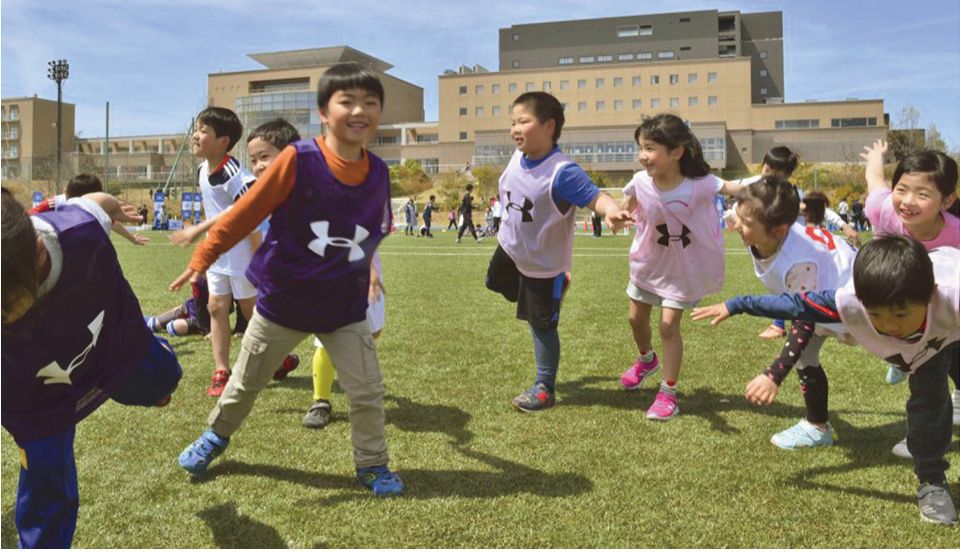
J-Village, one of the symbols of the country’s reconstruction efforts. Many local residents came to celebrate its revival on the day that it reopened. A new station, opened nearby on the same day as J-Village’s reopening, made the facility even more convenient than before.
HOST TOWN | Kumamoto
Kumamoto and Indonesia Joined by Badminton
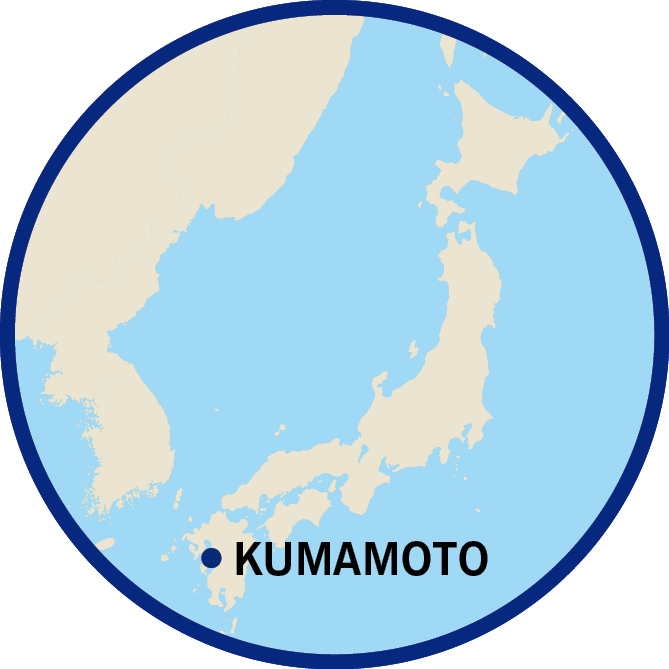
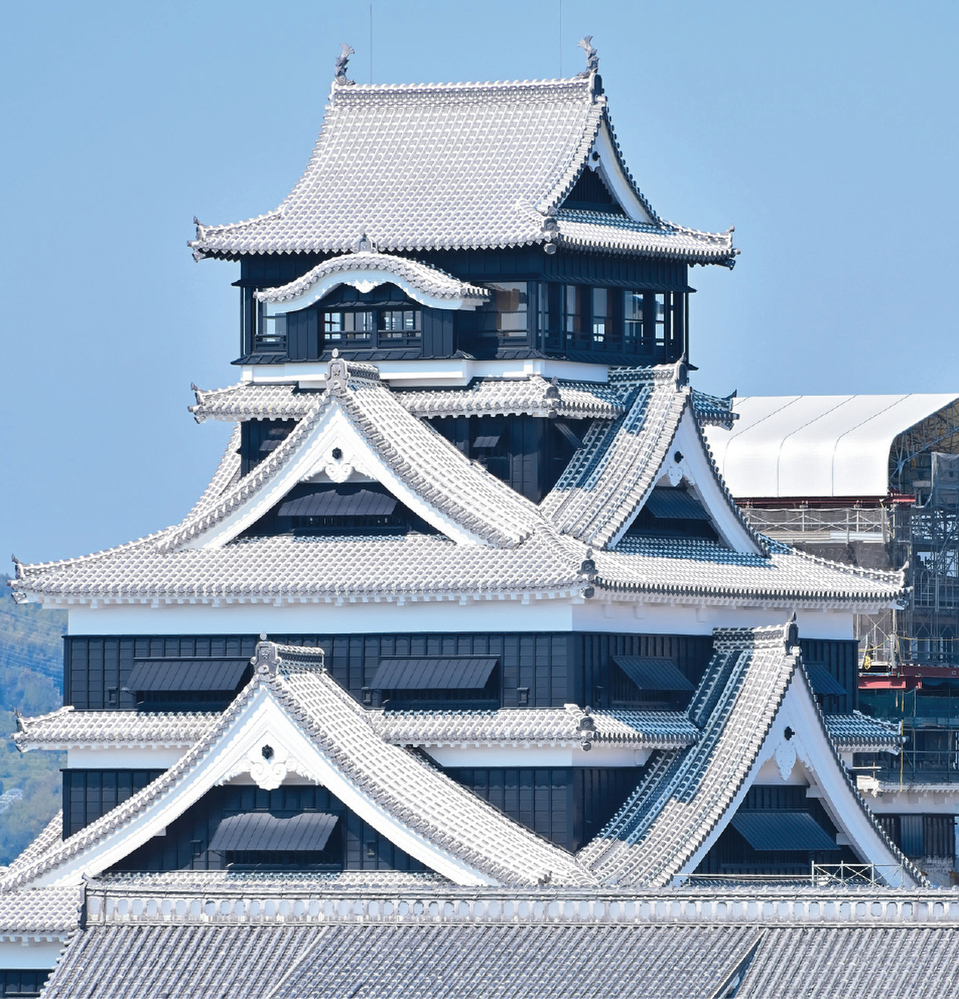
Damaged by the 2016 Earthquake, Kumamoto Castle is now being restored, making the magnificent appearance of the castle tower a pleasure for all to see once again.
Kumamoto Prefecture, a thriving place for badminton, having produced some fine Olympic players, acts as host town to the Indonesian badminton team. Originally seeking some connection with Indonesia, Kumamoto found it had badminton in common with the country and put itself forward as a possible place for a pre-Olympic training camp. Indonesian badminton players were invited to Kumamoto to interact with local players and experience some of the Japanese culture like wearing kimono. As such, the Indonesians took a liking to Kumamoto paving the way to becoming a place for the training camp.
Preparations are being made in Kumamoto Prefecture to train staff on the different customs surrounding eating and worship to provide sufficient omotenashi to the Indonesian team, made up largely of Muslims. The prefecture also aims to maintain a long-lasting relationship with Indonesia beyond Tokyo 2020, with a focus on people-to-people exchange through badminton, such as with junior player exchanges, etc.
HOST TOWN | Niigata
Niigata and France Deepening Ties with Karate
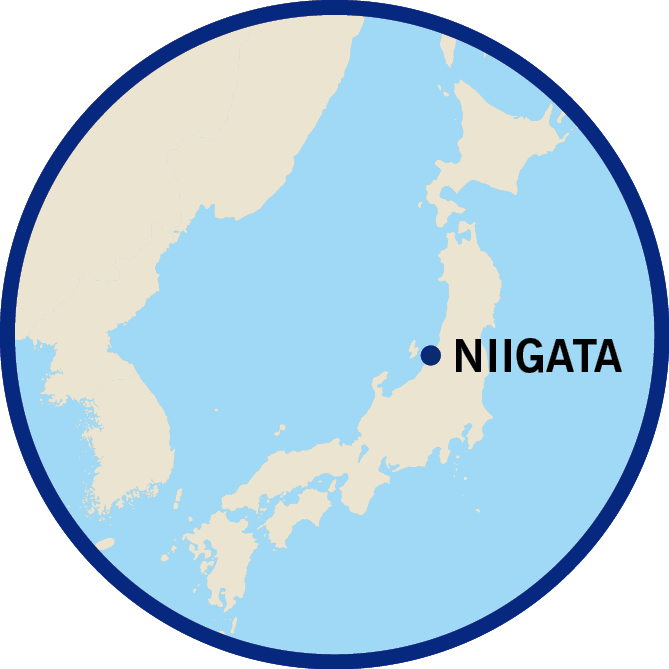
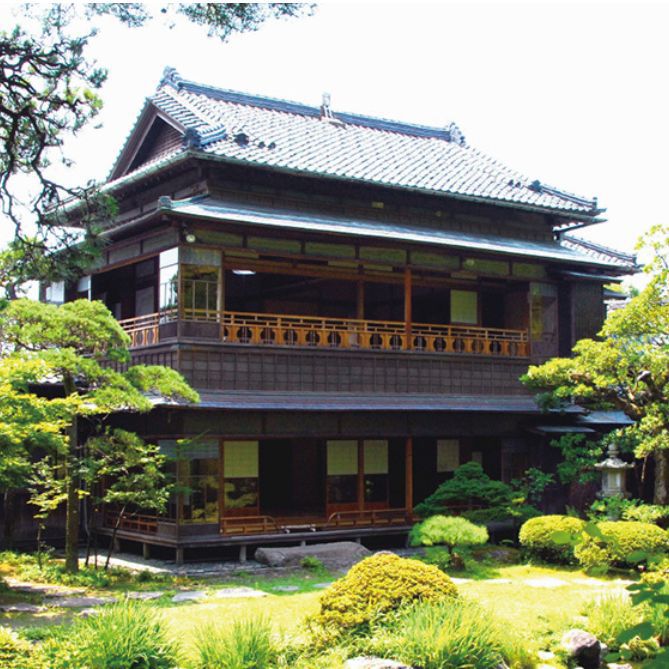
Having long prospered as a port town, Niigata City is home to many former merchants' houses, allowing visitors to experience the splendor of those bygone days.
Niigata City has a history of exchange with France on a citizen level for nearly 30 years. In 1999, the city signed an agreement with Nantes, further deepening ties, and since 2009 the two cities have maintained a sister city relationship. It is because of this close relationship built up over many years that Niigata City was selected as a place for pre-Olympic training camp for the French karate team. And, with the coach of the Japanese karate team coming from Niigata City, this became a deciding factor due to his close friendship with the French Karate Federation.
Many people from both Nantes and Niigata visited each other’s cities in 2019, the 10th year of their sister city relationship. Being one of the traditional martial arts originating from Japan, karate is a new event at this Olympics. Taking this opportunity to welcome the French team, a powerhouse in terms of karate and a country known to have a deep interest in Japanese culture, Niigata, having flourished as a port town for many years, is planning its own brand of omotenashi making use of its unique food and culture.

























